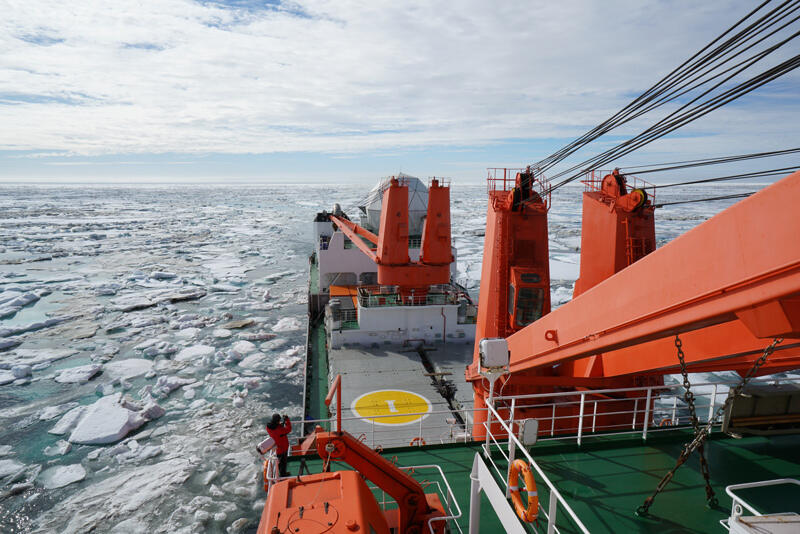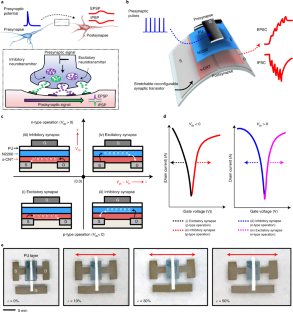デラウェア大学のWei-Jun Cai教授と共同研究者は、北極の雪解け水と海洋化学の変化の間に相関関係があることを発見しました。 UD’s Wei-Jun Cai and collaborators find correlation between Arctic meltwater and changing ocean chemistry
2022-09-29 デラウェア大学 (UD)

Researchers, including UD’s Zhangxian Ouyang, traveled aboard the icebreaker R/V Xue Long into an active melting zone in the Arctic Ocean to get samples for analysis.
また、この地域の氷の融解速度と海洋酸性化の速度には強い相関があることも確認されました。
この新しい研究は、1994年から2020年までの20年以上にわたるデータを含む、北極の酸性化に関する初めての分析である。
科学者たちは、2050年頃までには(早ければ)、この地域の北極海の海氷は、温暖化が進む夏の季節を乗り切ることができなくなると予測している。毎夏の海氷の後退の結果、海洋の化学的性質は酸性化し、氷の持続的な被覆がなければ、酸性化の進行を遅らせることも、緩和することもできない。その結果、健全な海に依存する多種多様な海洋生物、植物、その他の生物にとって、生命を脅かす問題が発生する。
<関連情報>
- https://www.udel.edu/udaily/2022/september/arctic-ocean-acidification-climate-sea-ice-wei-jun-cai/
- https://www.science.org/doi/10.1126/science.abo0383
1994年から2020年までの北極海における気候変動による急激な10年ごとの酸性化の進行 Climate change drives rapid decadal acidification in the Arctic Ocean from 1994 to 2020
Di Qi,Zhangxian Ouyang,Liqi Chen,Yingxu Wu ,Ruibo Lei,Baoshan Chen,Richard A. Feely ,Leif G. Anderson,Wenli Zhong,Hongmei Lin,Alexander Polukhin,Yixing Zhang,Yongli Zhang,Haibo Bi,Xinyu Lin,Yiming Luo,Yanpei Zhuang,Jianfeng He,Jianfang Chen,Wei-Jun Cai
Science Published:29 Sep 2022
DOI: 10.1126/science.abo0383
Acceleration in the Arctic
The Arctic is warming at a rate faster than any comparable region on Earth, with a consequently rapid loss of sea ice there. Qi et al. found that this sea ice loss is causing more uptake of atmospheric carbon dioxide by surface water and driving rapid acidification of the western Arctic Ocean, at a rate three to four times higher than that of the other ocean basins. They attribute this finding to melt-driven addition of freshwater and the resulting changes in seawater chemistry. —HJS
Abstract
The Arctic Ocean has experienced rapid warming and sea ice loss in recent decades, becoming the first open-ocean basin to experience widespread aragonite undersaturation [saturation state of aragonite (Ωarag) < 1]. However, its trend toward long-term ocean acidification and the underlying mechanisms remain undocumented. Here, we report rapid acidification there, with rates three to four times higher than in other ocean basins, and attribute it to changing sea ice coverage on a decadal time scale. Sea ice melt exposes seawater to the atmosphere and promotes rapid uptake of atmospheric carbon dioxide, lowering its alkalinity and buffer capacity and thus leading to sharp declines in pH and Ωarag. We predict a further decrease in pH, particularly at higher latitudes where sea ice retreat is active, whereas Arctic warming may counteract decreases in Ωarag in the future.



